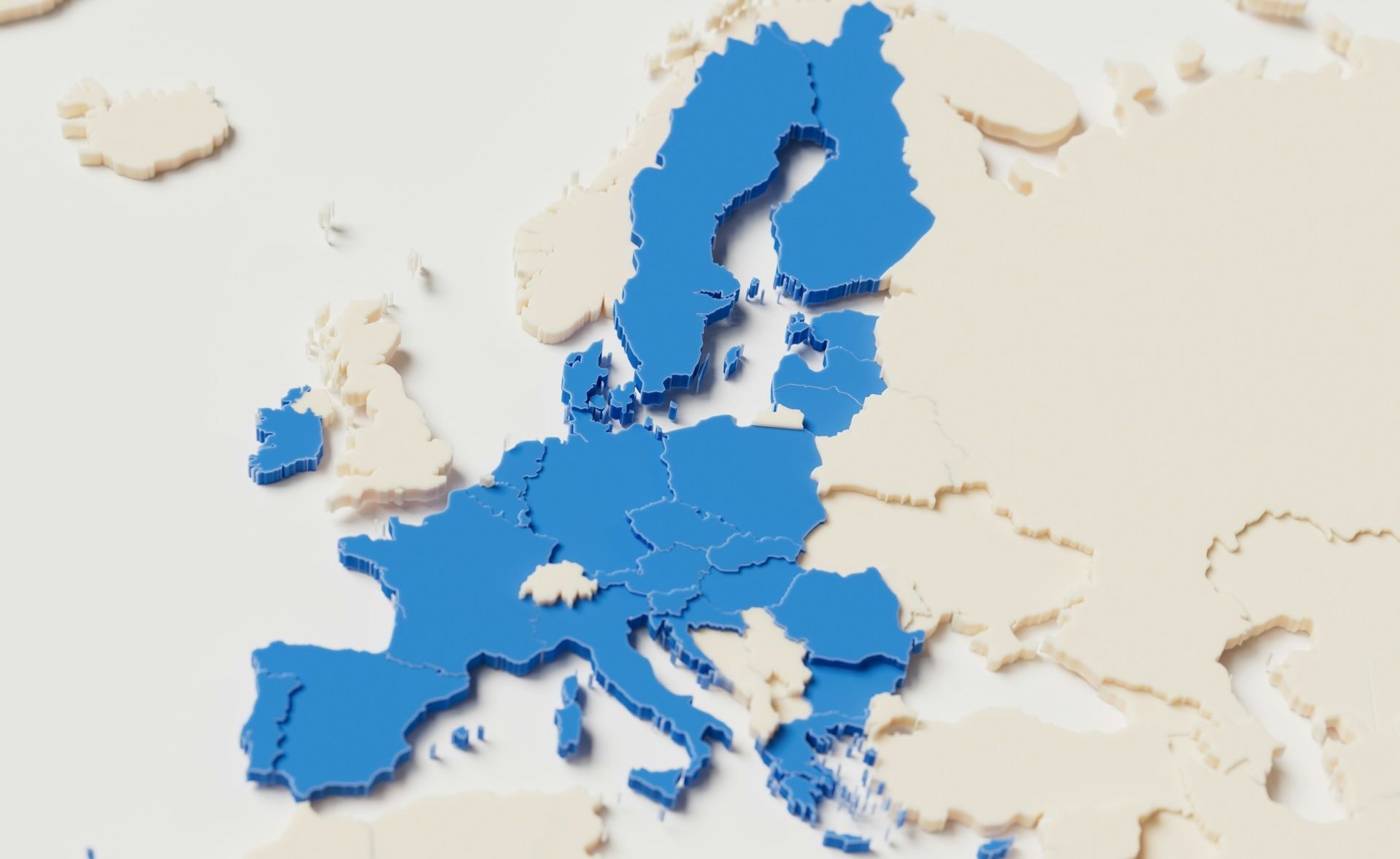Decentralized IDs
Self-sovereign identity (SSI) and decentralized identity (DI) are emerging concepts in the world of digital identity, where individuals have control over their own personal information and can share it with others on a need-to-know basis.
Self-sovereign identity (SSI), Decentralized Identity (DI), and Decentralized Identifiers (DID) are related but distinct concepts in the field of digital identity.
Self-sovereign identity (SSI) refers to a specific type of decentralized identity where individuals have complete control over their own personal information and can share it with others on a need-to-know basis. SSI empowers individuals to manage their own digital identity, and they are in charge of creating, managing and storing their own data and attributes, instead of relying on third-party organizations. SSI is a way of giving individuals the power to control their own digital presence and to share their information with others in a secure, verifiable, and privacy-respecting way.
Decentralized Identity (DI) refers to a system of digital identity in which individuals have control over their own personal information and can share it with others on a need-to-know basis. This is in contrast to centralized systems, where third parties hold and control individuals' personal data. In a decentralized identity system, the individual is the owner of their own identity and has control over who has access to their personal information.
Decentralized Identifiers (DID) is a specific component of a decentralized identity system. It is a unique, decentralized identifier that can be used to refer to an individual, entity, or object on a blockchain or other decentralized platform. DIDs are created and controlled by the individual or entity they refer to, rather than a centralized authority. They provide a secure and privacy-preserving way to identify and authenticate individuals and entities in a decentralized environment.
In summary, Self-sovereign identity (SSI) empowers individuals to manage their own digital identity, Decentralized Identity (DI) refers to a system of digital identity in which individuals have control over their own personal information, and Decentralized Identifiers (DID) is a specific component of a decentralized identity system, it refers to a unique, decentralized identifier that can be used to refer to an individual, entity, or object on a blockchain or other decentralized platform.
 Photo Alexander Grey on Unsplash
Photo Alexander Grey on Unsplash
In Europe, countries such as Estonia, France, and the Netherlands have been actively exploring the use of SSI and decentralized identity systems. Estonia, for example, has implemented a national digital identity system based on blockchain technology known as "e-Estonia." The system allows individuals to control their own personal information and share it with others on a need-to-know basis. France has also been actively exploring the use of SSI and decentralized identity systems and has launched a national program to develop a digital identity ecosystem based on blockchain technology. The Netherlands is also exploring the use of SSI and decentralized identity systems and has launched a pilot project to test the use of SSI for the Dutch healthcare sector. The European Union is also exploring the potential of SSI and decentralized identity systems through initiatives such as the EU Blockchain Observatory and Forum.
In the United States, there are several initiatives focused on the development and implementation of SSI and decentralized identity systems. The State of Vermont has launched a pilot project to test the use of SSI for state services. The project aims to give individuals control over their own personal information and improve the efficiency of state services. Additionally, the U.S. federal government has launched an initiative called the "Identity Ecosystem Steering Group" (IDESG) to develop a national strategy for digital identity.
In Africa, some countries have been exploring the use of SSI and decentralized identity systems to improve the delivery of government services and to promote financial inclusion. For example, in Ghana, the government has launched a pilot project to test the use of blockchain-based digital identity systems for the delivery of government services. Similarly, in South Africa, the government has launched a pilot project to test the use of blockchain-based digital identity systems for the delivery of financial services to underserved communities.
In Asia, countries such as Japan, South Korea, and Singapore have also been actively exploring the use of SSI and decentralized identity systems. Japan, for example, has launched a pilot project to test the use of blockchain-based digital identity systems for the delivery of government services. South Korea has also been actively exploring the use of SSI and decentralized identity systems and has launched a pilot project to test the use of SSI for the banking sector. Singapore has also been actively exploring the use of SSI and decentralized identity systems and has launched a pilot project to test the use of blockchain-based digital identity systems for the delivery of government services.
When comparing the friendliness towards SSI and decentralized identity systems across these regions, it is clear that Europe, the US, Africa, and Asia all have ongoing initiatives that aim to develop and implement SSI and decentralized identity systems. In the private sector there are independent blockchain projects like Atala Prism or IAMX on Cardano who are developing their customized solution. These initiatives, but especially the latter, have a focus on improving efficiency, security, and privacy.
Furthermore, the regulatory aspect is also being considered, as the governments are working to create a favorable environment for the growth of this technology, and consumer protection. However, it's important to note that the level of development and implementation of SSI and decentralized identity systems may vary among the countries within each region.





